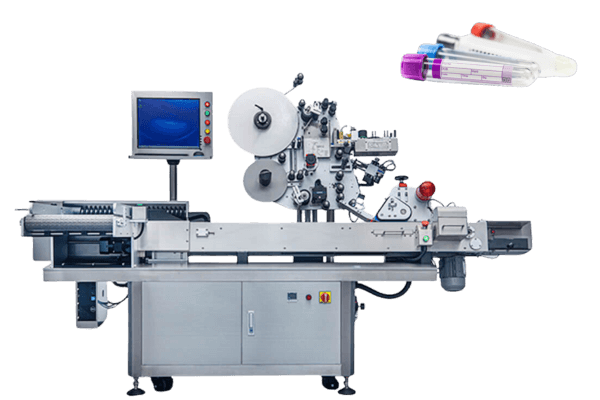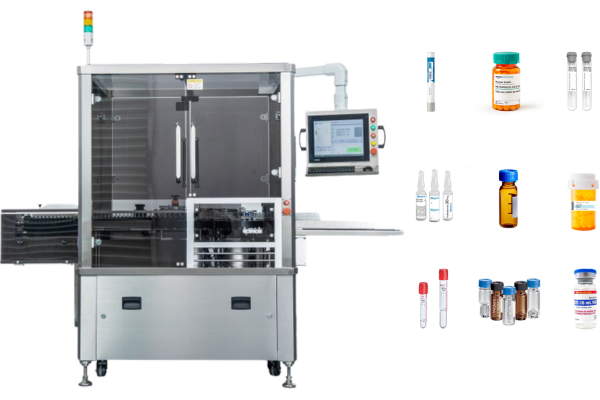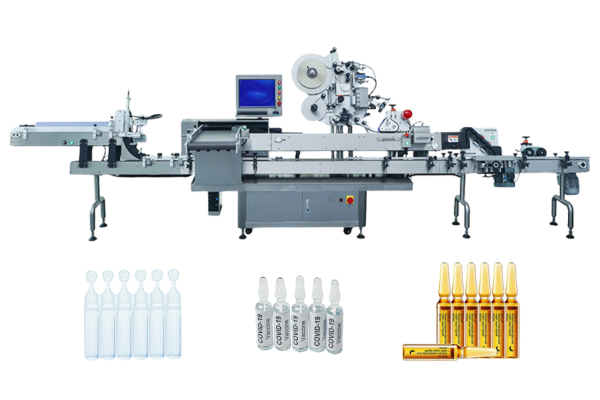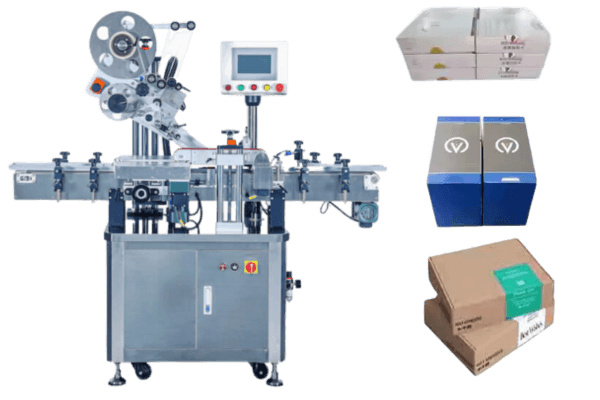Electronic signature recording and audit trails are integral components of modern labeling machines, providing essential functions for ensuring the accuracy, compliance, and efficiency of electronic documents. These tools are pivotal in maintaining the integrity of labeling processes, particularly in industries where precision and traceability are paramount. This guide explores their roles, importance, and benefits within labeling machines.
Functions in labeling machines
In this section, we separate the role of electronic signature records and audit trails in the signing process for labeling machines.
Electronic signature recording
Electronic signature recording plays a critical role in documenting the identity of operators and the timing of their actions through the use of digital signatures. This functionality ensures that each step in the labeling process is attributable to a specific individual, thus promoting accountability and transparency. By capturing key steps in the labeling application process, electronic signature recording helps to maintain the integrity and security of the data.
This system not only records who performed each action but also ensures that the data is secure and cannot be tampered with. It acts as a digital ledger, safeguarding the authenticity of the process and providing a reliable record that can be referenced in case of discrepancies or audits.
Electronic signature audit trail
An audit log in labeling machines meticulously tracks every step of the labeling process. This includes documenting all changes, corrections, and actions taken during the labeling process. An audit trail generates a comprehensive log of operations, detailing what was done, by whom, and when.
This functionality is crucial for identifying the root cause of any issues that arise, enabling quick and efficient resolution. By having a detailed operational log, companies can ensure that their labeling processes are transparent and accountable, which is particularly important in regulated industries.
Importance of labeling machines
The importance of electronic signature logging and comprehensive audit trails for labeling machines cannot be overstated, and we’ll look at regulatory compliance, data accuracy, and accountability trails next.
Regulatory compliance
One of the primary reasons for incorporating electronic signature recording and audit trail in labeling machines is to ensure legal compliance and regulatory compliance. Regulatory bodies such as the FDA in the United States and the European Medicines Agency (EMA) have stringent requirements for labeling processes in industries like pharmaceuticals and food production. These regulations mandate thorough documentation and traceability, which are precisely what electronic signature recording and audit trails provide.
By adhering to these regulations, companies can avoid legal penalties and ensure that their products meet the required standards. Compliance is not only a legal obligation but also a critical component of maintaining consumer trust and market reputation.
Data accuracy
Ensuring the accuracy and consistency of label information through document history is another significant benefit of these technologies. Electronic signature recording and audit trails minimize human errors by automating the documentation process.
This automation helps maintain high-quality standards and reduces the likelihood of mistakes that can occur during manual data entry or label application.
Accurate data is essential for quality control, as it ensures that all products are labeled correctly and consistently. This, in turn, helps in maintaining the reliability of the product and the brand, as consumers receive the right information every time.
Responsibility tracking
With an e signature audit trail, each operator’s actions are recorded and traceable, providing clear responsibility tracking. This is vital for enhancing transparency and accountability within the production process. If an error or issue arises, it is easy to identify who was responsible for that particular step, making it simpler to address the problem and implement corrective measures.
This level of accountability is crucial for maintaining operational integrity and ensuring that all personnel are adhering to standard operating procedures. It also facilitates training and performance evaluations, as management can review the recorded actions to provide feedback and guidance.

Benefits of labeling machines
You must be wondering what kind of advantages these two functions give to the labeling machine, including enhanced security through electronic signature recording and audit trails. We will answer this question for you.
Improved operational efficiency
One of the most immediate benefits of implementing electronic signature recording and an electronic signature audit is the improvement in operational efficiency. These systems automate the recording and tracking processes, significantly reducing the need for manual intervention. This not only saves time but also reduces the workload on operators, allowing them to focus on more critical tasks.
Additionally, these systems enable the quick generation of compliance reports, which can be a time-consuming task if done manually. Automated systems ensure that reports are accurate and readily available, further enhancing efficiency.
Enhanced quality control
Real-time monitoring and recording of the labeling process, along with a comprehensive signature audit trail, enable immediate detection and correction of issues. By continuously auditing the process, any deviations from the standard procedure can be quickly identified and addressed.
This proactive approach helps maintain high-quality standards and ensures that any potential issues are dealt with before they can affect the final product.
Consistent and reliable quality control is essential for building consumer trust and maintaining competitive advantage. Companies that can demonstrate robust quality control processes are more likely to retain customer loyalty and attract new business.
Increased customer trust
Detailed records and transparent audit trails enhance customer trust by demonstrating a company’s commitment to quality and compliance, especially through the integrity of signed documents. Customers, especially in regulated industries, need assurance that the products they are purchasing meet all safety and quality standards.
By providing detailed documentation and audit trails, companies can offer this assurance, thus strengthening customer relationships and building a positive reputation in the market.
Transparent processes also help in resolving customer complaints more effectively, as the detailed records can be used to investigate and address any issues promptly.

All of Viallabeller’s labeling machines have both of these features, which makes our customers happy with our labeling machine solutions (such as wrap-around labeling solutions and horizontal labeling solutions).
Implementation recommendations
- System Integration
For electronic signature recording and e-signature audit trails to be most effective, they need to be integrated seamlessly with existing production management systems. This integration ensures that data is transmitted and synchronized in real time, providing a cohesive overview of the entire labeling process. E-signature audit trails track every action on a document, making it possible to identify unauthorized activities and ensure that electronic signatures are legally binding, particularly during contract disputes and regulatory compliance.
Implementing such systems requires careful planning and coordination with IT departments to ensure compatibility and optimal performance. It is also essential to provide adequate training to personnel to maximize the benefits of these technologies.

- Security measures
Given the sensitive nature of the data involved, robust security measures are essential. This includes using encryption technologies to protect data and setting strict access controls to ensure that only authorized personnel can access or modify the records. Regular security audits and updates are also necessary to maintain the integrity and confidentiality of the data.
- Regular audits
To ensure the ongoing accuracy and reliability of the electronic signature recording and audit trail systems, regular audits should be conducted. These audits help identify any potential issues and ensure that the systems are functioning as intended. Continuous monitoring and improvement of these systems are crucial for maintaining high standards of data integrity and compliance.
Conclusion
In conclusion, ensuring that electronic signatures are legally binding through comprehensive electronic signature recording and audit trails is indispensable in modern labeling machines. They provide critical functions that enhance accuracy, compliance, and operational efficiency.
By implementing these technologies, companies can ensure that their labeling processes are robust, transparent, and accountable. As regulatory requirements continue to evolve, the importance of electronic signature recording and audit trails will only grow, making them essential components of any advanced labeling system.







